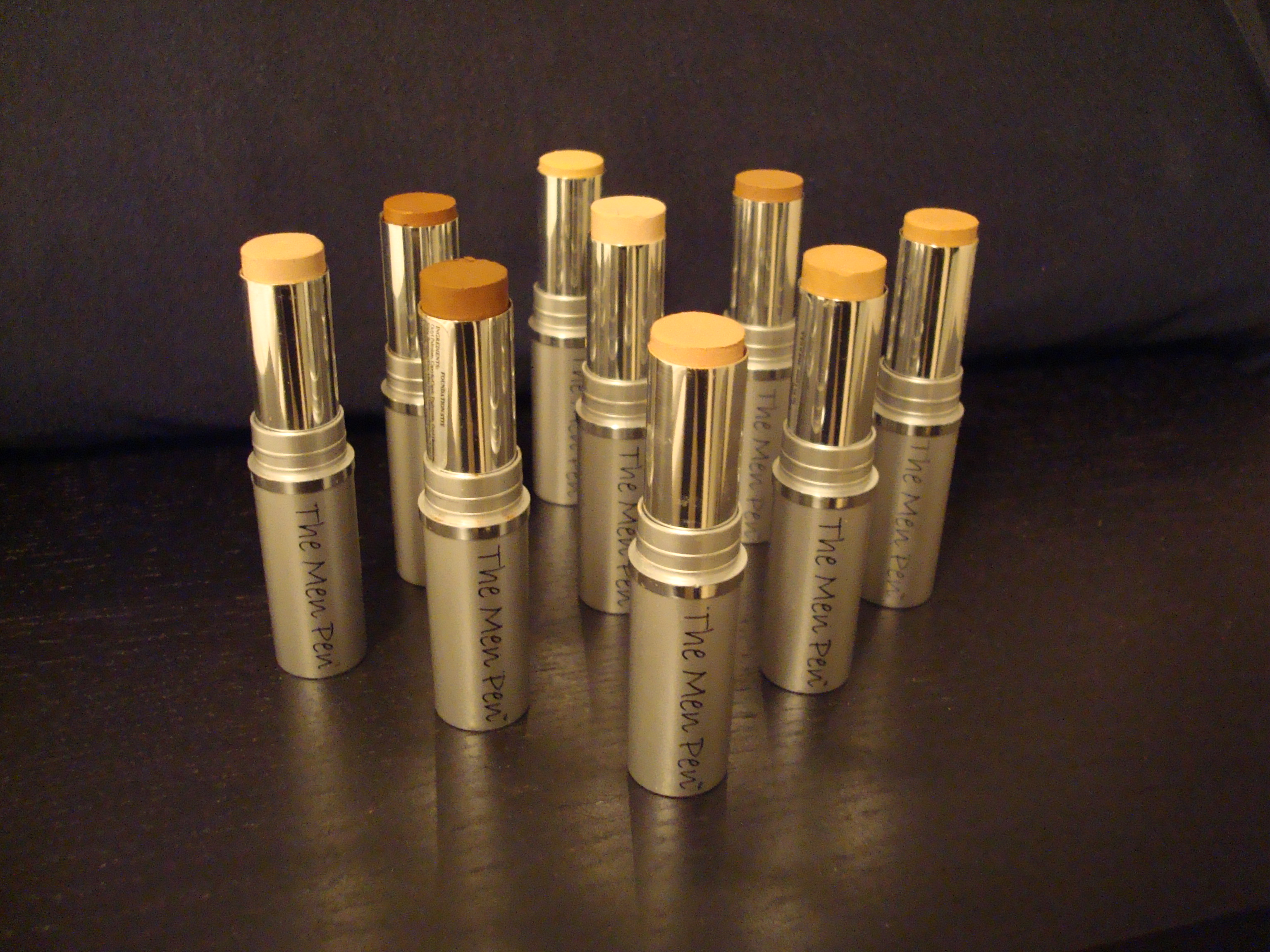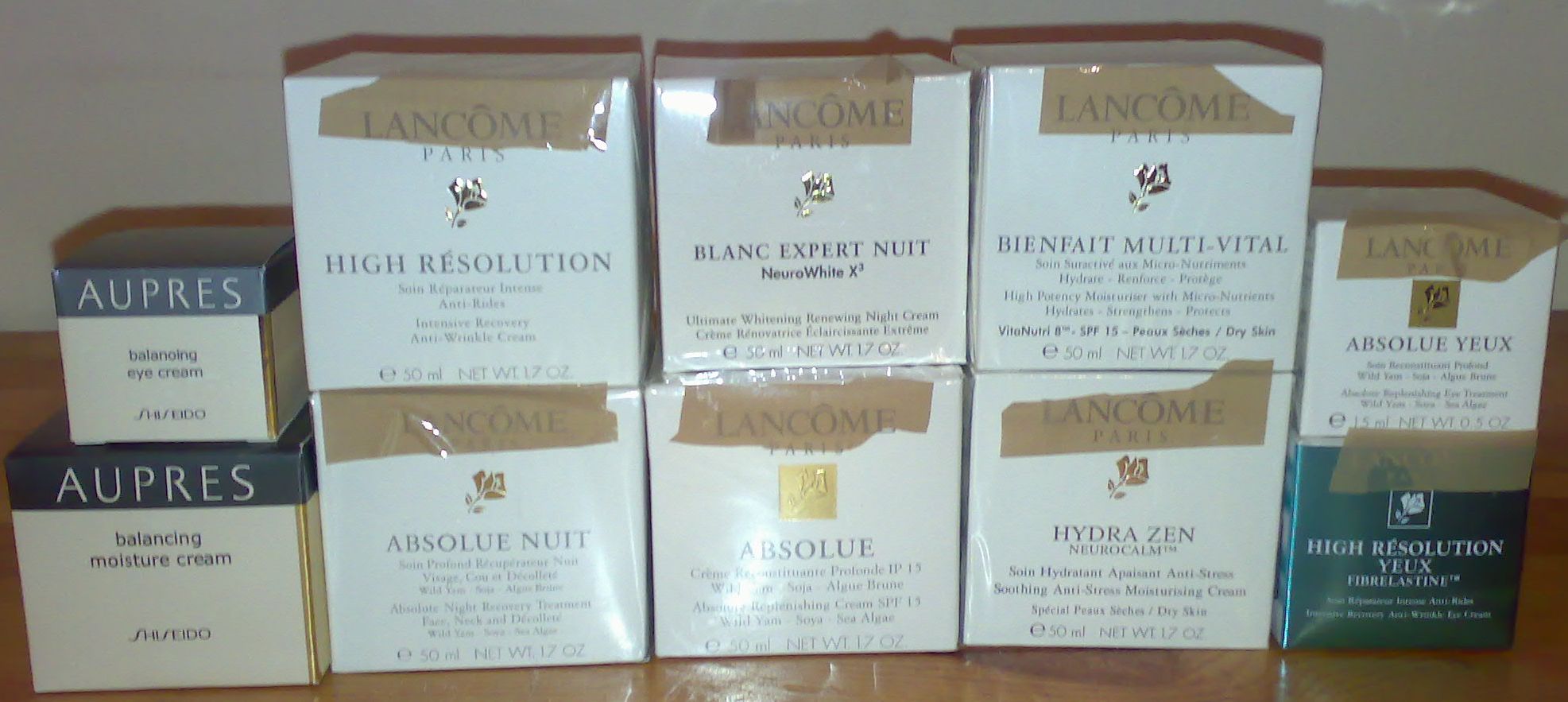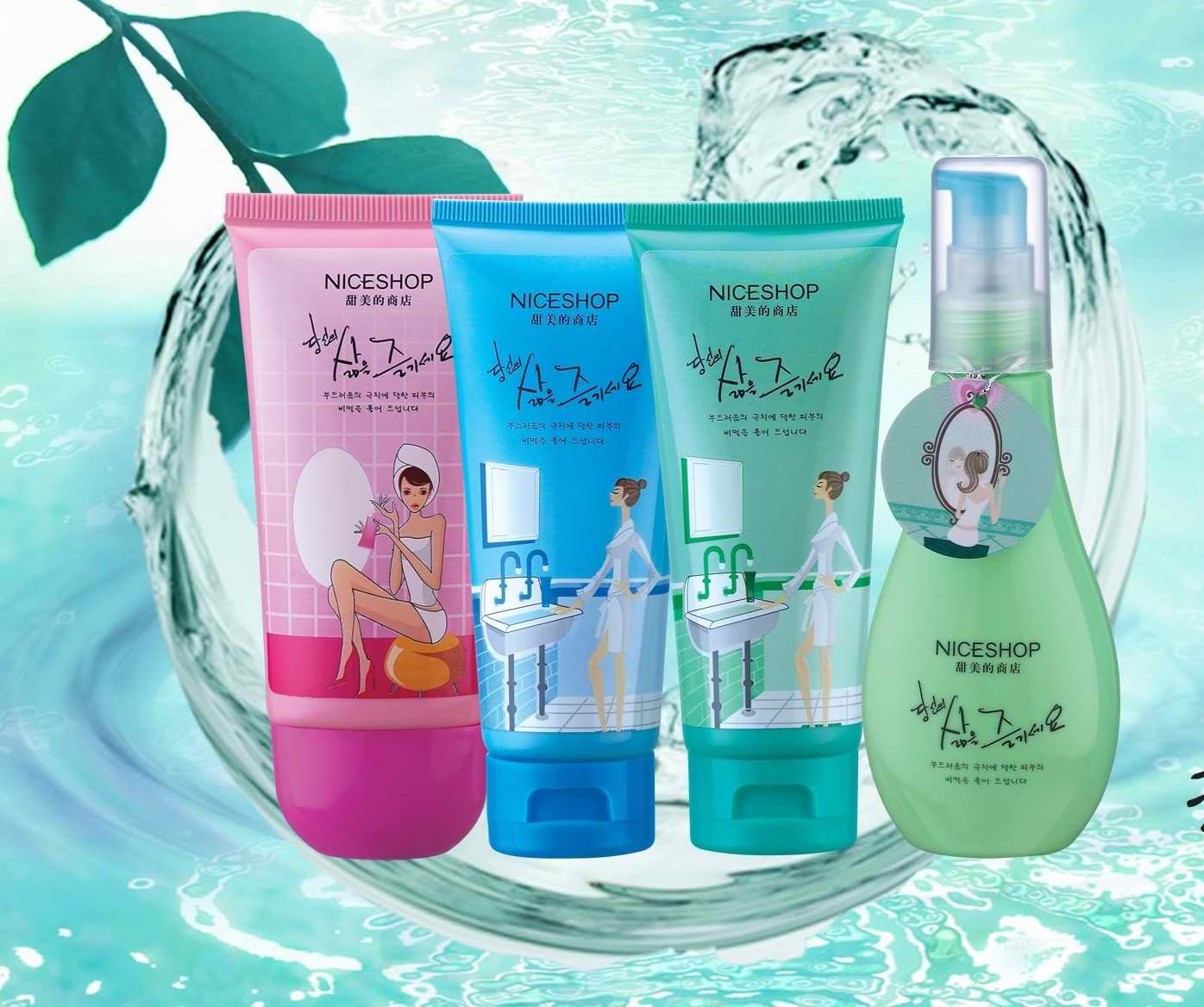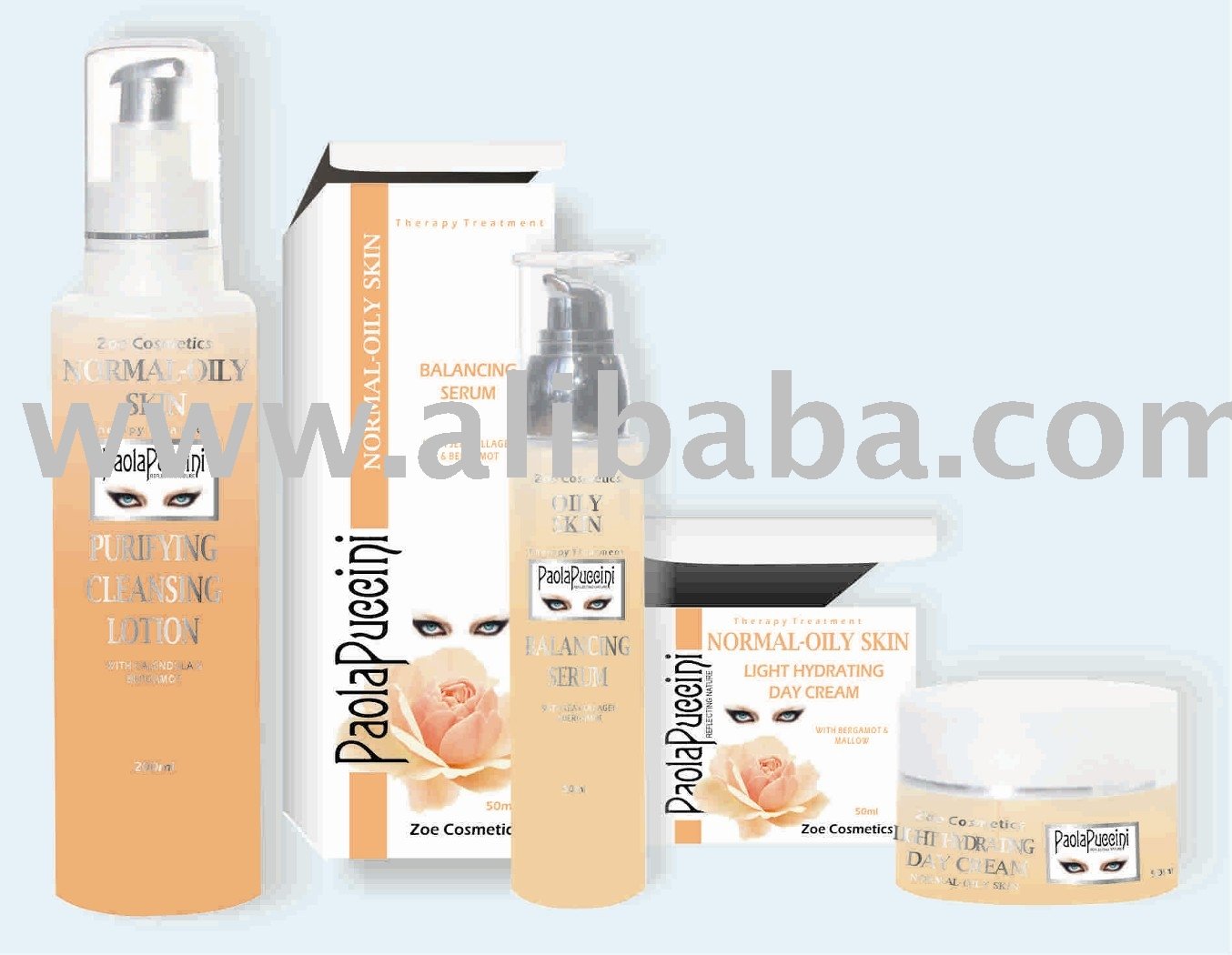Your skin begins to develop signs of aging such as wrinkles, sagging skin, etc., because the level of collagen in the skin begins to deteriorate. You must be very careful in these situations. You can find skin care cosmetics on the market that advertise the presence of collagen in your product. But there is no evidence that the collagen is absorbed by the body through the skin because collagen is a protein complex. You need to be synthesized in the skin cells.
There are natural products that are available, which has three main components, namely Cynergy TK, Wakame Phytessence and coenzyme Q10. Apart from these three components, which also contains other skin care substances such as essential oils, vitamins and minerals. These components are intended to stimulate production of collagen and elastin in the body thus preventing signs of aging.
Sun exposure causes a lot of problems, such as free radicals are generated in your body and affect the development of skin wrinkles. You should look for skin cosmetics containing antioxidants in a large amount of these antioxidants nullify the effect, if for example the free radicals. Whatever the choice of product you need to select on the basis of the components present in this product and not a brand name.
There are two federal laws related to the safety of cosmetics, skin care safe in the United States: Federal Food, Drug, and Cosmetic Act and the Fair Packaging and Labeling Act.
In this article we will see the two events and find out what the control, monitoring how and why consumers should be concerned. The conclusion will leave you surprised to learn that the burden of cosmetic safety ultimately depends on you, the consumer, to decide what is and is not safe for you and your children for daily use.
The first is the Law of FD & C This law prohibits the sale of my brand cosmetics in interstate commerce. Violations due to cosmetic ingredients, due to be subject to regulatory action. To enforce the law, Congress authorizes an agency, in this case, the FDA, police regulations, but only as authorized by law. The problem is this. Under the law of the FDA's legal authority over cosmetics is different from its legal authority over drugs and medical devices subject to premarket. Cosmetics are not subject to prior approval, with one exception: color additives. If cosmetics are not subject to prior approval, the issue is the effectiveness of the FD & C Act is really to protect the consumer? Apparently the proverbial cow can leave the barn before the door is closed, ie, the products can reach the market and be used without the consumer being aware that these supposedly safe products, in fact, safe.
One might ask then, who is responsible for the safety of cosmetics? The answer, believe it or not, is the cosmetic companies are responsible for the safety of their products, including ingredients. And unless this cautionary statement prominently on the label, "Warning - The safety of this product has not been determined." (21 CFR 740.10), the product may be distributed, and will not be considered a bad mark, leaving the decision to buy or not buy just for the consumer. Therefore, in general, except for color additives, a cosmetics manufacturer may use any ingredient they wish, provided it determines that the product is safe. Once again, with nobody watching, what is left to the safe cosmetics, skin care insurance, the company totally cosmetic. Even product recalls are voluntary actions and the manufacturer and / or distributor.
The former partner with the following statistics: of the 10,500 chemicals used in the manufacture of cosmetic products, only 11% have been selected to test security.
Now let's look at the Fair Packaging and labeling law. Despite saying "mislabeled or deceptively packaged products are considered misbranded and subject to regulatory action," the process is complicated, the best, and that the FDA take regulatory action based on agency priorities and these must be consistent with health problems and available resources. The agency must use the federal judicial system and carry out the action through the Department of Justice. Once again, it seems that the cosmetics industry, in general, can police itself in terms of what it says on the packaging and labels.
It is proof of cosmetics by the FDA prior to distribution. The answer is no. The agency does not operate as a private laboratory, and to avoid conflicts of interest or even recommend that private testing laboratories and the substance can do to respond to security concerns.




































No comments:
Post a Comment